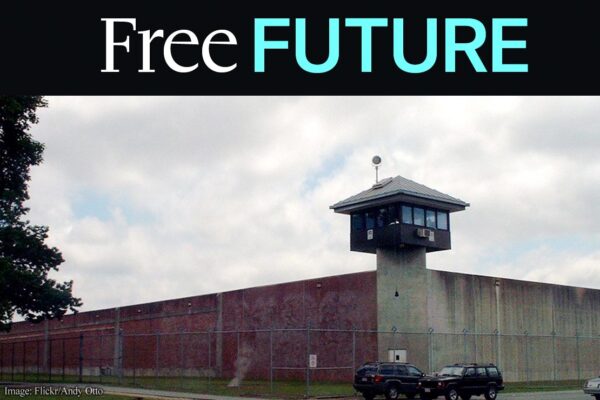Civil Rights Groups Sue Hope Village, Inc., Bureau of Prisons, and the District of Columbia For Endangering Prisoners at DC Halfway House During COVID-19 Pandemic
Prisoners are forced to share close quarters in violation of essential social distancing procedures and lack adequate sanitation supplies
WASHINGTON, DC – Today, two people detained at the Hope Village Halfway House in the District of Columbia brought a class action lawsuit challenging the failure of Hope Village, the Federal Bureau of Prisons, and the D.C. Department of Corrections to take even the most basic measures to protect them from the COVID-19 virus. The plaintiffs seek the release of many residents to home confinement to reduce density in Hope Village, and the implementation of social distancing and infection control measures consistent with guidance from the Centers for Disease Control and D.C. government.
The plaintiffs are represented by the Washington Lawyers’ Committee for Civil Rights and Urban Affairs, the ACLU of the District of Columbia, and the law firm of Latham & Watkins LLP. Hope Village is the largest federal halfway house in the country with more than 300 beds. Sleeping quarters are crowded, with bunk beds only about three feet apart. The prisoners eat together in crowded dining rooms and share bathrooms. This congregate setting prevents any form of social distancing. In addition, residents are also forced to clean the facilities themselves, but Hope Village has failed to provide them with adequate supplies needed to clean their living areas or maintain the rigorous personal hygiene recommended by the CDC and other public health authorities.
Persons housed at Hope Village are typically serving the last few months of their sentences. They are not considered dangerous to the community; in ordinary times, they are allowed to leave the facility during the day to work at a job or to visit family.
“This is an emergency. The conditions at Hope Village place residents at an unreasonable risk of infection, create a dangerous working condition for staff, and pose a threat to public health. Immediate steps must be taken to reduce the population and to implement aggressive infection control practices,” said Jonathan Smith, Executive Director of the Washington Lawyers’ Committee for Civil Rights and Urban Affairs.
“Under Mayor Bowser’s order, which has the force of law, social distancing is now the rule. The conditions at Hope Village violate current law, medical guidelines, and common sense, and threaten catastrophe for those who live and work at the facility as well as the surrounding community. Hope Village shouldn’t be exempt from these rules, regardless of individuals’ circumstances or prior actions,” said Latham & Watkins partner Kevin Metz.
Many of the people at Hope Village have been approved for home confinement by the BOP and are typically eligible for release within 60 days. Defendants have refused to exercise their discretion to provide early release and significantly reduce the population in the facility. Instead, Defendants have chosen to keep prisoners locked in tight quarters while the COVID-19 crisis spreads like wildfire. The continued incarceration of the Plaintiffs in unsuitable conditions at Hope Village, in contravention of widely known health protocols, is putting them and the broader community at great risk for infection, illness, or death due to the COVID-19 pandemic.
“The risk to the Hope Village population created by the crowded setting and unhygienic practices is compounded by the wholly inadequate medical care at Hope Village, which has failed to provide prompt medical attention and testing to those with COVID-19 symptoms. Residents at Hope Village who are ill have been forced in recent days to call 9-1-1 themselves for help,” said Scott Michelman, Legal Co-Director of the ACLU of the District of Columbia.
The case was filed in federal court against the Federal Bureau of Prisons and its Assistant Director for Correctional Programs, Michael Carvajal; the District of Columbia and Department of Corrections Director Quincy Booth; and Hope Village, Inc.
The case filed today, Williams v. Federal Bureau of Prisons, seeks a court order requiring the government defendants and Hope Village to immediately institute the CDC guidelines for protecting individuals against the spread of COVID-19 and to reduce the population of the halfway house to a point at which these guidelines can be effectively implemented. You can view a copy of the complaint here.



